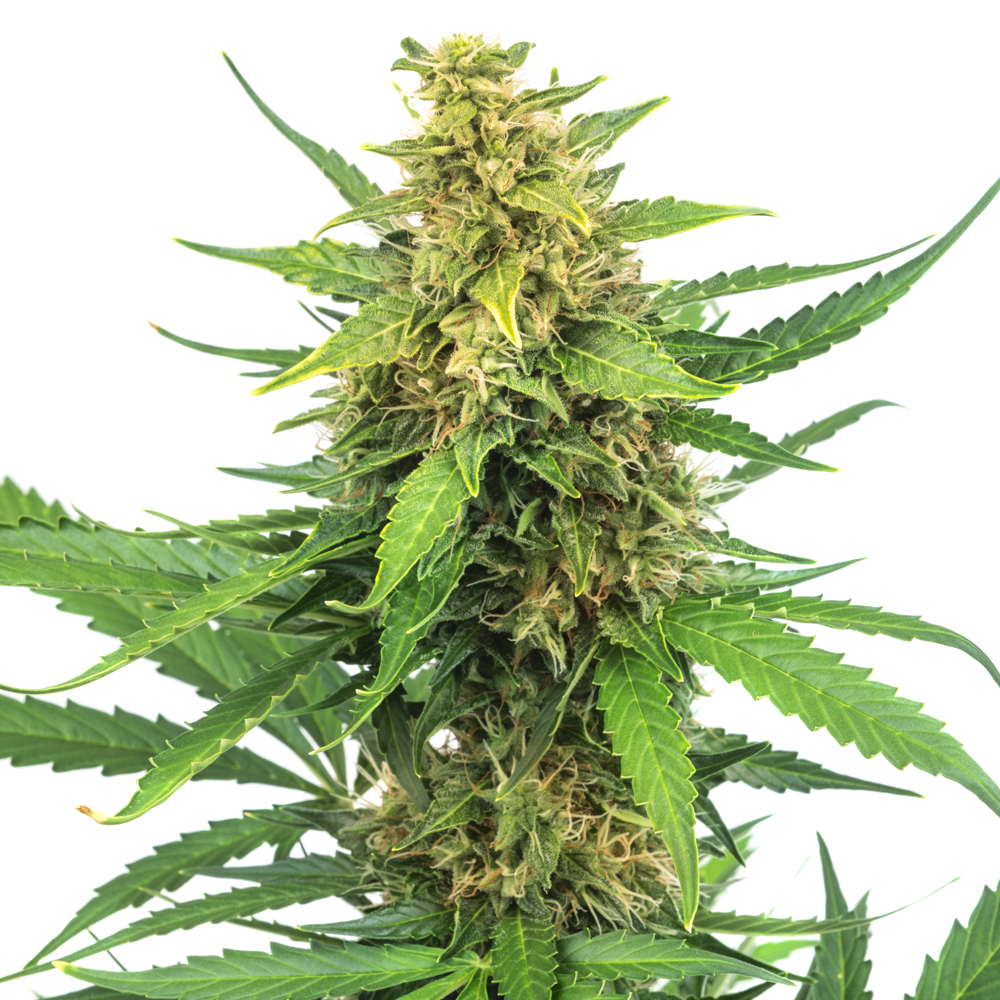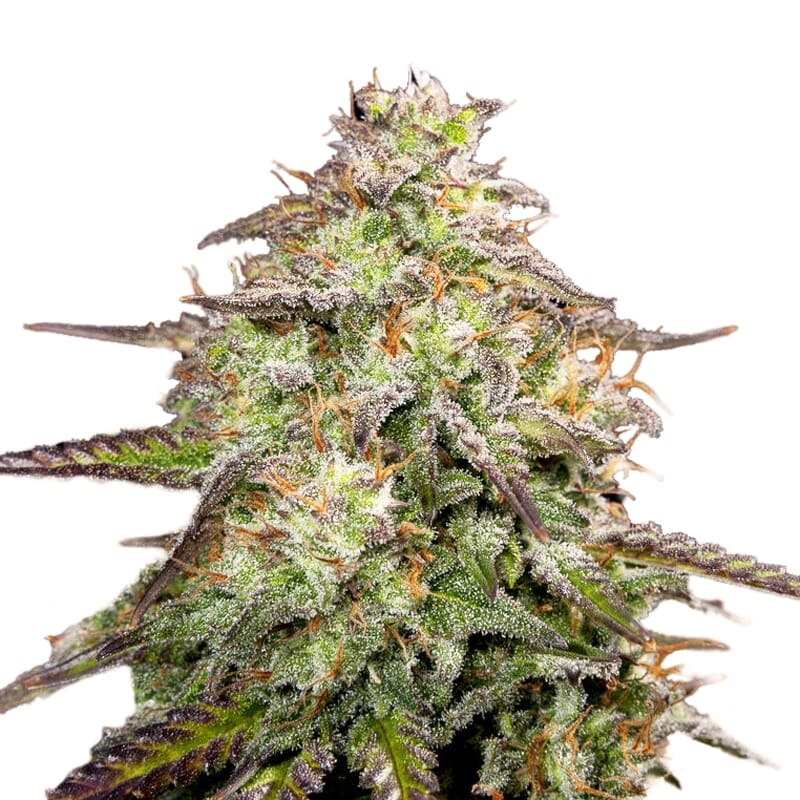In July 2022, Lithuania took a pivotal step in its drug policy landscape, as its parliament, the Seimas, voted overwhelmingly in favor of a bill decriminalizing cannabis. This significant development has aligned Lithuania with several other European nations taking progressive strides towards marijuana reform. The move is a product of shifting public perception, persistent advocacy, and a growing global trend towards drug policy reevaluation.
Evolution of Cannabis Laws in Lithuania:
Historically, Lithuania adopted a relatively lenient stance towards marijuana, utilizing the plant for its seeds and fibers. However, as the 20th century progressed, cannabis perception shifted, largely driven by its link with counterculture movements. This prompted Lithuania to adopt strict laws to discourage use and distribution. Yet, like many other countries, Lithuania couldn’t significantly diminish cannabis use despite these punitive measures, leading to a reassessment of its approach.

The Shift in Public Perception:
The policy change was underpinned by a gradual shift in public opinion towards cannabis use. A 2021 poll revealed that over 50% of Lithuanians backed marijuana decriminalization, a striking increase from 14% in 2017. The tireless efforts of advocacy groups and growing awareness about the potential therapeutic benefits of marijuana catalyzed this change. Moreover, the evolving global attitude towards cannabis, especially in Europe and North America, had a considerable influence.
The New Legislation:
The landmark legislation decriminalizes the possession of small amounts of cannabis for personal use. It doesn’t legalize marijuana, but it shifts cannabis possession from a criminal to an administrative offense, punishable by fines ranging from €30 to €60. The goal is to reduce the societal stigma associated with marijuana use and alleviate the strain on the criminal justice system. However, cultivation, distribution, and sale of marijuana for non-medical purposes remain criminal acts under Lithuanian law.
Potential Implications and Impact:
Cannabis decriminalization presents several potential advantages. Primary among these is easing the burden on the criminal justice system, allowing law enforcement agencies to focus on more severe crimes. It also promises to destigmatize weed use, thereby fostering an open dialogue about its potential risks and benefits, leading to improved public education about drug use and increased awareness of support services for those struggling with addiction. Moreover, decriminalization can potentially reduce the number of individuals with criminal records for minor drug offenses, enhancing their access to education and employment opportunities.
Medical Cannabis in Lithuania:
Lithuania’s Ministry of Health approved the use of marijuana for medical purposes in 2019. However, access to medical marijuana remains contentious. The decriminalization of cannabis mandates a reevaluation of processes allowing patients access to marijuana-based medicines under medical supervision. Lithuania’s move towards cannabis decriminalization provides an opportunity for increased research into the therapeutic properties of marijuana and how they can be best utilized within a controlled, medical context. This expanded research can potentially aid in the development of more effective medical marijuana regulations, better serving patients in need of marijuana-based treatments.
Economic Implications of Decriminalization:
Decriminalizing cannabis also brings economic implications. The move can free up resources spent on enforcement, prosecution, and incarceration related to minor offenses. Additionally, decriminalization can open avenues for potential tax revenues if Lithuania further shifts towards a regulated market. Countries like Canada and several US states have seen substantial tax revenue from regulated markets. Lithuania could potentially harness similar economic benefits in the future, given a well-structured regulatory framework. Furthermore, the marijuana industry could offer new job opportunities, fostering economic growth.

The Future of Cannabis in Lithuania:
Decriminalization is likely the first of many steps towards comprehensive cannabis reform in Lithuania. Progressive drug policy reform advocates are pushing for increased investment in harm reduction services, drug education, and addiction treatment programs. A more detailed examination of the potential therapeutic benefits of marijuana is also on the horizon, which could inform future policy decisions on medical marijuana access. The move also opens up broader debate on full legalization and regulation of marijuana, as seen in countries such as the Netherlands and Canada.
Comparative Analysis with Other Countries:
The global landscape of cannabis policy is diverse. Several nations, such as Portugal and the Netherlands, have taken significant steps towards liberalizing their drug policies, decriminalizing not just marijuana but all drugs, with a particular focus on harm reduction. Uruguay and Canada have taken it a step further by fully legalizing marijuana. In contrast, other nations maintain stringent laws against weed use.
In the European context, Lithuania’s move aligns with the growing trend towards cannabis liberalization. However, full legalization, as seen in the Netherlands, is still a considerable leap. The lessons learned from these diverse approaches can guide Lithuania as it navigates its path towards comprehensive drug policy reform.
Conclusion:
Lithuania’s decision to decriminalize cannabis is a significant turning point in its drug policy landscape. By focusing on public health, harm reduction, and human rights, Lithuania has adopted a more compassionate, evidence-based approach to drug use. As Lithuania navigates this transition, it serves as a compelling case study for other nations grappling with similar issues, demonstrating that change is possible even in the face of entrenched conventions.
FAQs about Cannabis in Lithuania
What does Lithuania's cannabis legislation decriminalize?
Lithuania's marijuana legislation decriminalizes the possession of small amounts of weed for personal use. It shifts marijuana possession from a criminal offense to an administrative offense, punishable by fines.
What are the potential implications of cannabis decriminalization in Lithuania?
Cannabis decriminalization in Lithuania presents several potential advantages, including easing the burden on the criminal justice system, destigmatizing marijuana use, improving public education about drug use, and reducing the number of individuals with criminal records for minor drug offenses.
What is the future of cannabis policy in Lithuania?
Decriminalization is likely the first step towards comprehensive marijuana reform in Lithuania. Advocates are pushing for increased investment in harm reduction services, drug education, addiction treatment programs, and a more detailed examination of the therapeutic benefits of cannabis.















